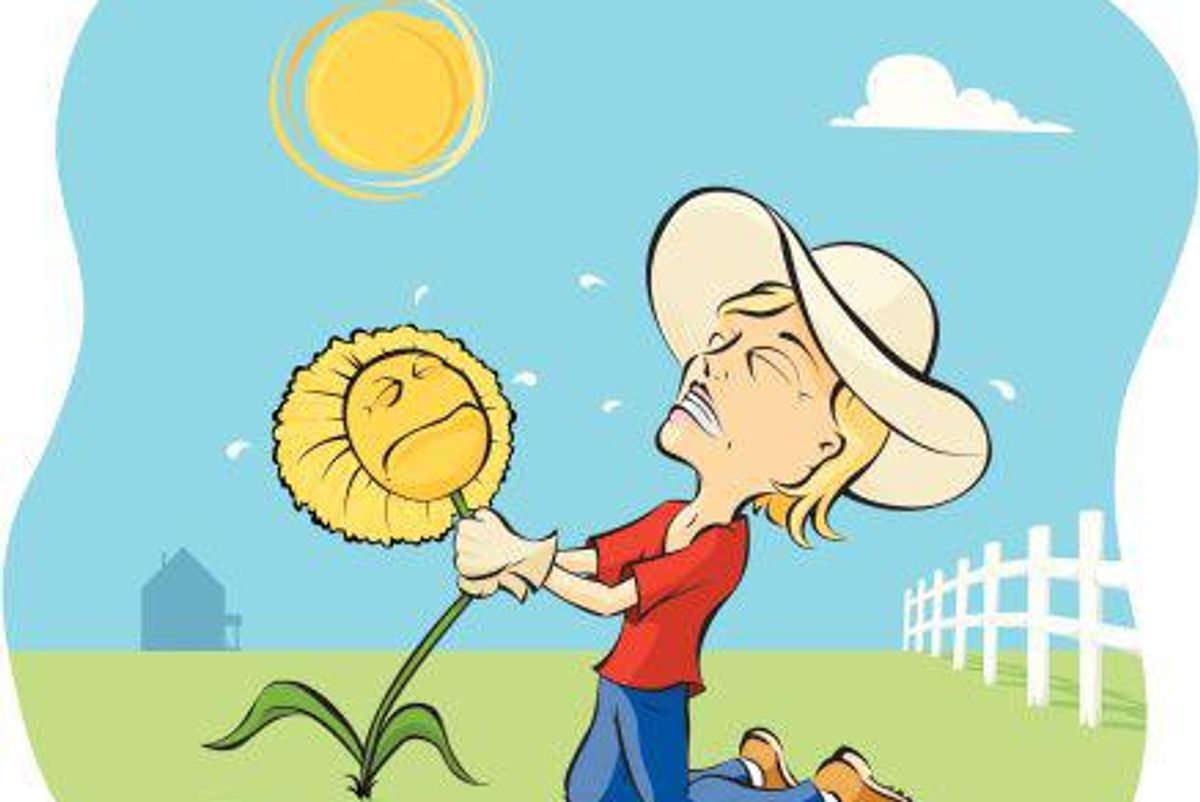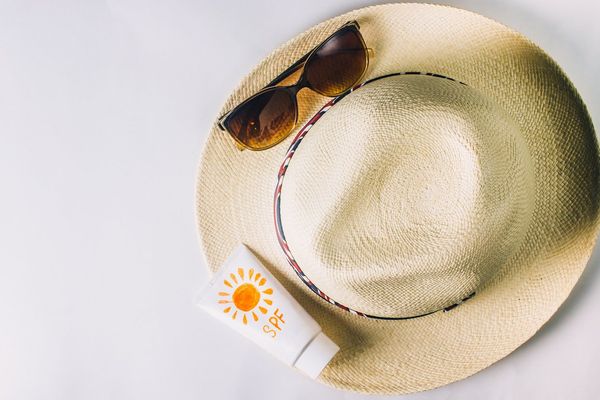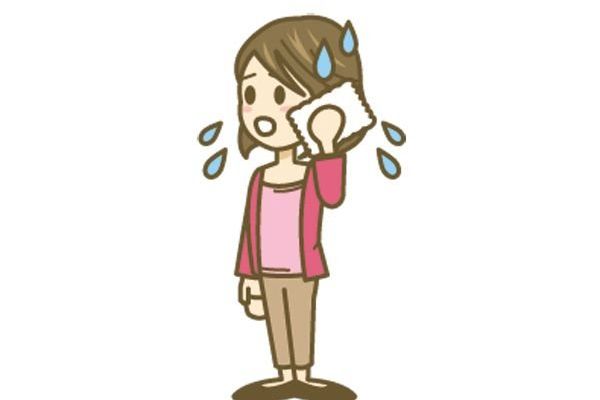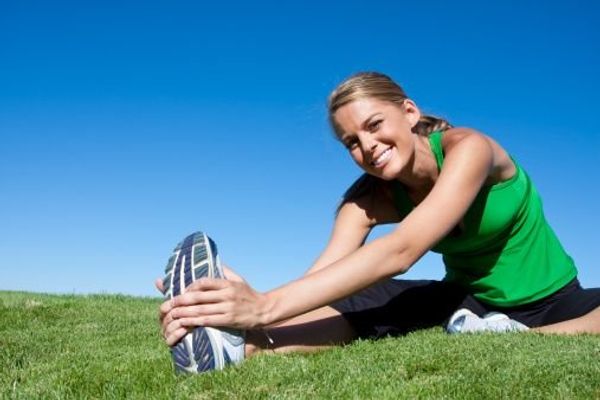I'm one of those people who rarely complain about the heat. Give me 80, even 90 degrees, and I'm fine—and happy—being outside. But winter? That's a whole other story. The minute the temperature dips below 50 degrees Fahrenheit, my body feels perpetually cold and doesn't thaw out until we're well into spring.
Yet, the past few weeks of this summer have me—yes, even me!—complaining and shirking outdoor seating at the many cafes that used to tempt me all summer long. Record temperatures in the Northeast (and in many other places around the United States) have soared into the 90s, and paired with very high humidity, it makes for a truly uncomfortable experience.
Now, instead of sitting on my terrace with a cup of my morning coffee, I wait until the sun sets to enjoy the air. Now, when someone asks, "Is it hot enough for you?" instead of answering "Never!" I sheepishly utter a simple "yes."
READ: Heat Emergencies: Knowing the Symptoms and How to React
Lots of people seem paranoid about heat exhaustion and dehydration—rightly so, given the conditions—ascribing every symptom they feel to the dangerous weather conditions. Someone I know who was suffering from nausea and lethargy assumed they were dehydrated (they weren't). Another person experiencing interminable bouts of dizziness thought they had heat stroke (they didn't).
But that doesn't mean it can't happen. It's important to take precautions in extreme heat.
One of the most important things to do is to stay hydrated. Water is the best way to ensure hydration, but you can also drink sports drinks that contain electrolytes (like sodium and potassium) and small amounts of glucose. But watch out for beverages known as "energy drinks," which can contain a large amount of caffeine and other potentially harmful ingredients. Caffeine and products with high amounts of sugar can worsen, rather than improve, dehydration.
Note: The New York Times reports that a 16-ounce can of an energy drink may contain as much as 13 tablespoons(!) of sugar and the amount of caffeine found in four or more colas.
And don't wait until you're thirsty: it's best to stay ahead of the game by taking in small amounts of fluids throughout the day, experts advise.
Other things to be mindful of in extreme heat:
- Children and the elderly are particularly vulnerable to dehydration.
- Medications like diuretics and some blood pressure drugs can hamper the body's inner thermostat, making it more difficult for it to cool itself through sweating.
- Overweight people may be more prone to heat sickness because their bodies tend to retain more body heat.
- Stay indoors whenever possible. Air conditioning is preferable, but if you only have a fan, you can mist yourself with cool water to enhance the effect.
- If you do spend time outdoors, protect yourself with a wide-brimmed hat and dress in loose, light-colored clothing.
- If you work outside in the heat, the Centers for Disease Control and Prevention recommends a "buddy system" so you can monitor one another's health for heat exhaustion. (Watch for confusion and/or loss of consciousness.)
READ: 8 Ways to Deal With Hot Flashes in the Heat (Or Is-It-Hot-In-Here-or-Is-It-Just-Summer?)
Note that heat stroke is a serious condition and requires immediate medical attention. Here are more details on what symptoms to look for and what to do about them:
Heat Stroke
Symptoms:
- Red, hot, dry skin
- Rapid and strong pulse
- Throbbing headache
- Dizziness
- Nausea
- Confusion
What to do:
- Cool the person rapidly—put him or her in a cool tub of water or a cool shower, spray with a hose or wrap in a cool sheet.
- Get medical help as soon as possible.
What not to do:
- Do not give them fluids to drink.
Heat Exhaustion
Symptoms:
- Heavy sweating
- Paleness
- Muscle cramps
- Fatigue
- Dizziness
- Headache
- Nausea
- Vomiting
- Fainting
- Cool and moist skin
- Fast and weak pulse
What to do:
- Help the victim cool off and seek medical attention if symptoms worsen or last longer than one hour.
Heat Cramps
Symptoms:
- Muscle pains or spasms (usually in the stomach, arms or legs)
What to do:
- Stop all activity
- Sit down in a cool place
- Drink clear liquids or sports drinks
- Wait a few hours before returning to strenuous activity
- Seek medical attention if cramps persist longer than one hour







